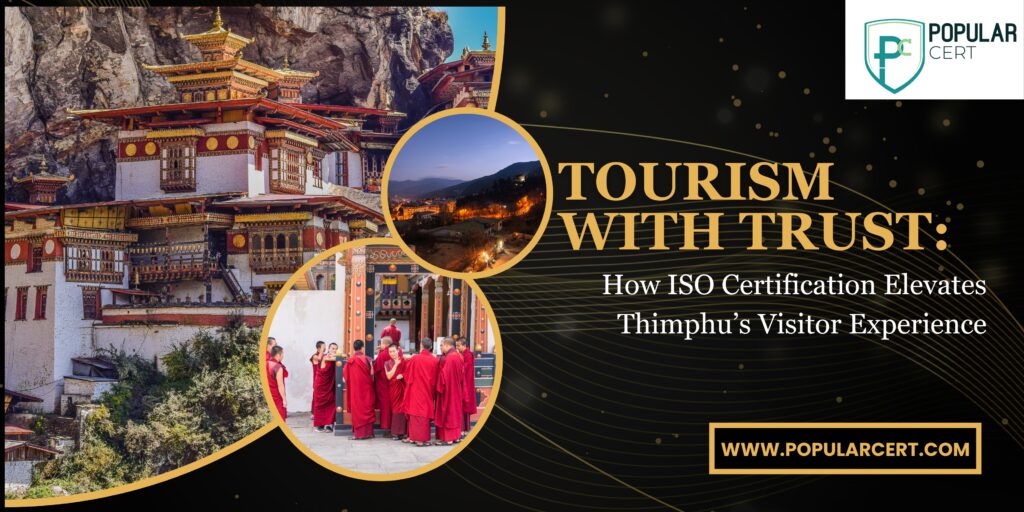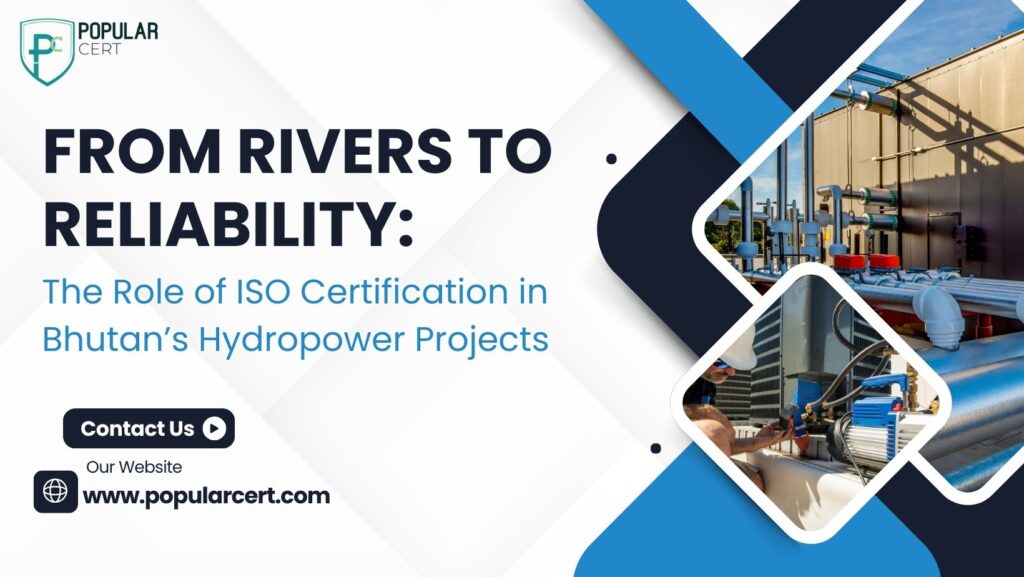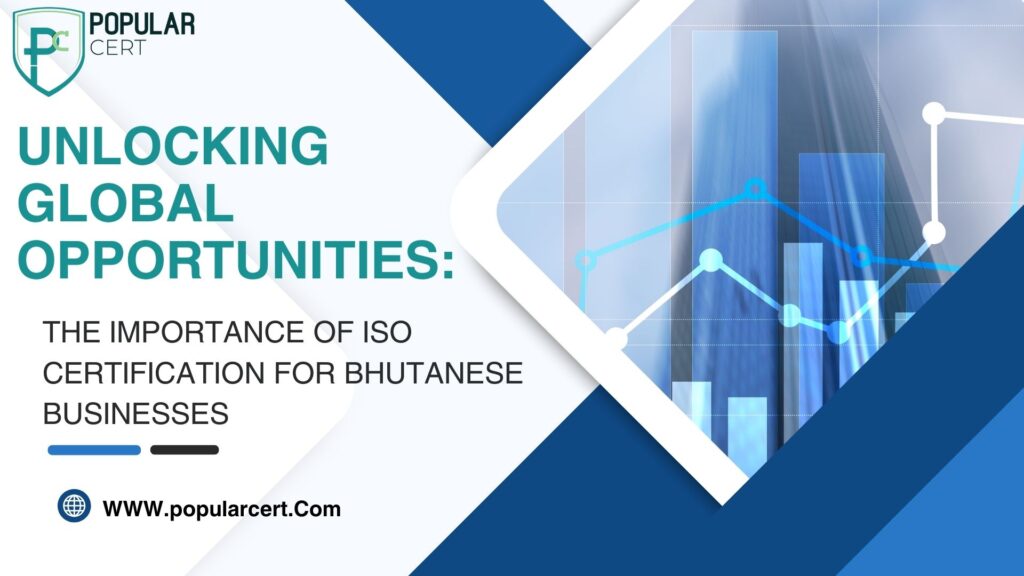From Site Plans to Site Wins: How ISO Certification Gives You an Edge in Egypt’s Construction Sector?
From Site Plans to Site Wins: How ISO Certification Gives You an Edge in Egypt’s Construction Sector? Introduction: Construction in Egypt is more than just the physical act of building; it involves pistol whips and shape-shifting. From erecting residential blocks to carving out highways, and even looking into the future, it all gets done here. […]






